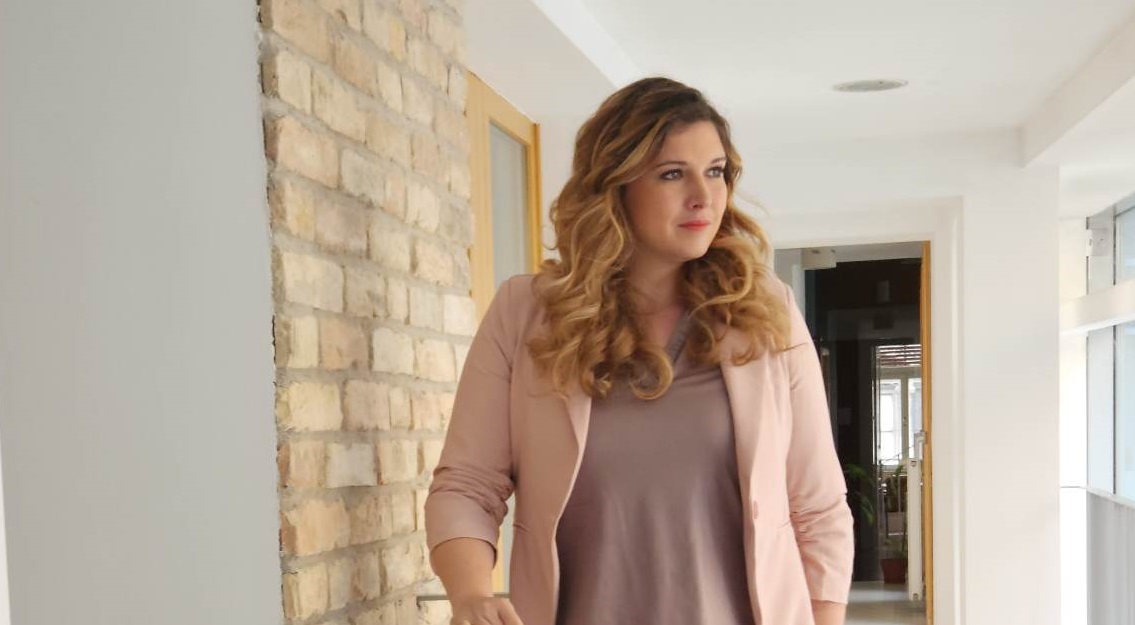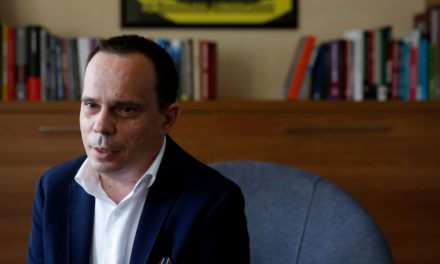In addition to the action of the state, other actors in society must also take their part in order to protect our children - believes the leading researcher of the MCC Learning Research Institute, who believes that for this it is essential that the attitude towards child protection changes.
The specialist emphasizes that, in addition to social workers, teachers and educators, it is also necessary to change the attitude of families, but it is also important to educate the children themselves.
- Child protection is much more than an institution or legal system. In order to really protect our children, all actors in society must play their part, in addition to families, social workers, teachers and educators also need to change their attitudes, but it is also important to educate the children themselves - began Melinda Hal . The head researcher of the Learning Research Institute of the Mathias Corvinus Collegium (MCC) highlighted that we all need to become part of the signaling system, but this requires a change of attitude on the part of parents and at the professional level of child protection.
Comprehension-listening skills
- Today we know that raising children does not only consist of raising our children to the best of our ability, because according to modern psychology, every member of the family affects each other, and in addition to the parental example and upbringing, the child is also active in his own development - he pointed out on him.
But what does this mean in practice, how can we teach our children to be part of the "signaling system" themselves?
- The ability to listen with understanding is an important technique, the essence of which is that I observe the other person and I am able to make a decision, judge whether they are in trouble and what kind of help I can give them. A preschooler or even a three-year-old can do this, to respond empathetically to someone's problem. This is important because, in the case of peer abuse, victims usually do not tell anyone, or if they do, they tell a peer much sooner that they do not like being around that boy or girl because they always hurt them. We have to teach even the smallest children that in this situation they have to act and let the adults know that there is a problem - the specialist exemplified.
According to the psychologist researcher, we also need to acknowledge that our signaling system is outdated, we need to modernize it, even with the involvement of new professionals who can implement a fresh approach to all-encompassing family protection.
- The basis of the protection of children is that the micro-community in which they live provides them with protection and security. The supporting role of the family is therefore indispensable, but in order for this environment to truly provide security and support, all those involved in it must be supported, including the parents, he pointed out. He added that many professionals are already working with this approach, but for real results, the efforts affecting the physical and mental well-being of children must be expanded and changed on a systemic level.
We have to look behind the numbers
Melinda Hal also touched on the fact that the protection of our children fundamentally determines the future of our nation, because the mental health of the rising generations is also the basis of our survival, since the traumas of a child who is abused or growing up in bad conditions affect his entire life, and if they remain untreated, it affects his later life , it will also have a negative effect on starting a family.
Today, the issue of mental health is a national strategic factor.
- The key to the survival of our culture, our families, and our history is that children are born, and then we protect them from harmful and destructive factors. Today, the population rate is slightly above 1.5, but in order to survive, we would have to reach a value of 2. According to statistics, between 1990 and 2022, the number of women of childbearing age decreased by at least 200,000, the MCC researcher pointed out, adding that the time to have the first child is being postponed, thereby reducing the chance of having more children.
– If we look behind the numbers, we see that the rate of 1.5 is also a kind of cry for help, a cry from mothers who have given birth to children and suffer from postpartum depression. We must therefore take into account the issue of postpartum, we must help these women, because it affects every second mother, while the area of care has narrowed. For example, a mother with a small child cannot set foot in a psychiatric ward with her child, but the majority of rural settlements do not leave with a baby either, so most of them remain without care, even though the treatment of depression and anxiety is vital, because it is dangerous for both the baby and the mother. The appearance of depression and its lack of care increase the factor of the next child not being born many times over, since the individual feels that he has failed with his first child. This is what the rate of 1.5 means with a single example, Melinda Hal explained.
It affects not only women but also men
In addition, postpartum depression is much more likely to occur in those who have previously experienced a mental crisis or mental disorder.
"The latest researches are all about the fact that the young generation is experiencing unprecedented loneliness, many also report depression, which suggests even worse prospects in terms of the fertility rate in a few years," he pointed out.
The clinical psychologist reminds us that, in addition to women, men are also at risk of postpartum depression, which can also end in tragedy.
- Fathers can also lose control after the child is born, mood and anxiety disorders, helplessness and anger, misunderstanding, while trying to do their job are also typical. This process significantly increases the number of relationship crises and thus the number of divorces, he pointed out.
According to Melinda Hal, this is precisely why mental health is now a national strategic issue in terms of the birth of children and the survival and support of families. - We need a system, forms of support, and solutions that help people mentally, make them stable, foster attachment, and where the cry for help does not go unanswered - concluded the specialist.
Featured image: Hal Melinda / Facebook













